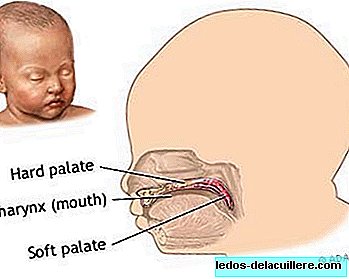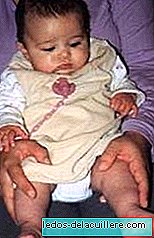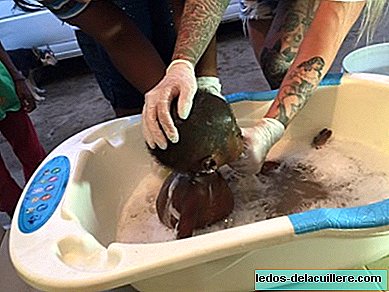
A group of researchers from the University of Iowa (United States) have just published in the digital edition of the journal "Nature Genetics" the results of a study in which they show the first common genetic variant associated with cleft lip development.
This discovery is important because it highlights a mechanism of development unknown so far and that underlies the origin of this birth defect, which as we know develops when the tissues that form the upper lip or palate are not properly closed.
And it is that the cleft lip or palate, which usually occur together, occur in approximately one in 700 births and are characterized by facial abnormalities that can make it difficult for the baby to feed.
Researchers previously knew that mutations in the IRF6 gene were associated with a rare cleft disorder, although the specific variant responsible for the cleft had not been determined.
Now the scientists have identified a genetic variant associated with the risk of the most common form of the cleft lip. This variant promotes the expression of IRF6 in embryos of experimental models in places where facial areas are fused and is activated by another genetic product that participates in facial development, AP-2alpha.
Now we should know if this discovery is important in order to prevent cleft lip cases, since if the cause is genetic it is determined beforehand.
For now, as we know, from our pregnancy we can help the disorder not to occur, taking vitamin A and folic acid, not trying alcohol and eating a balanced diet.












